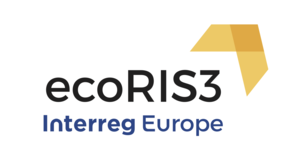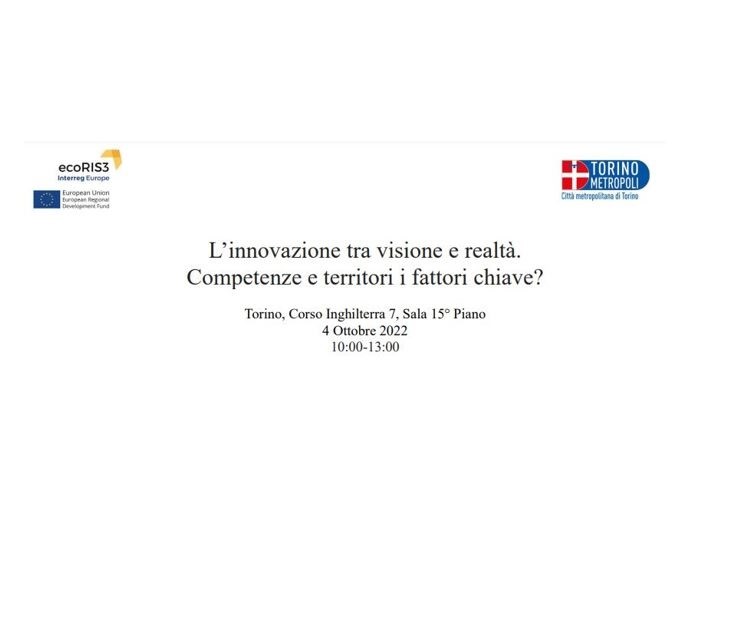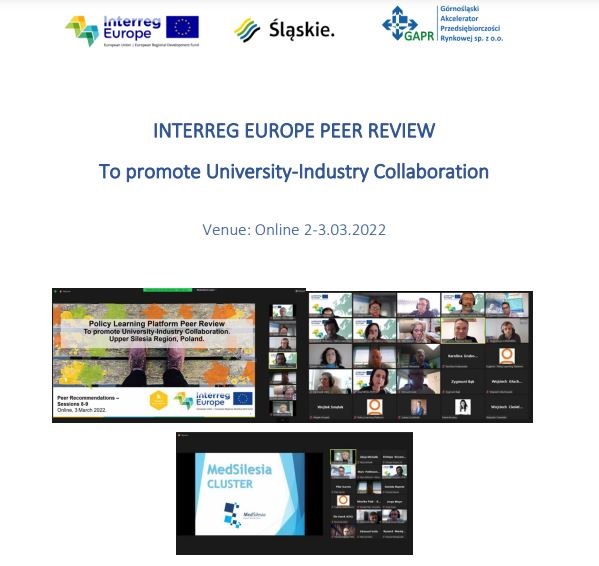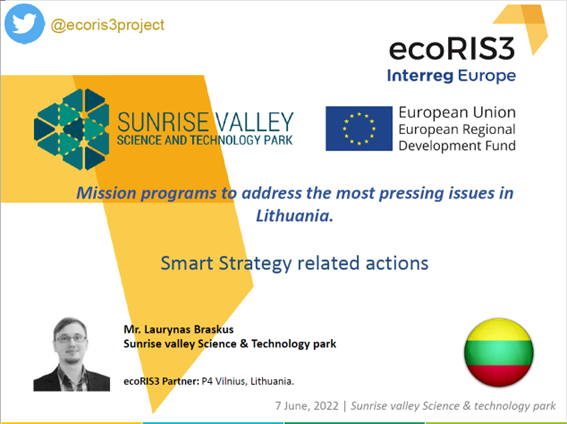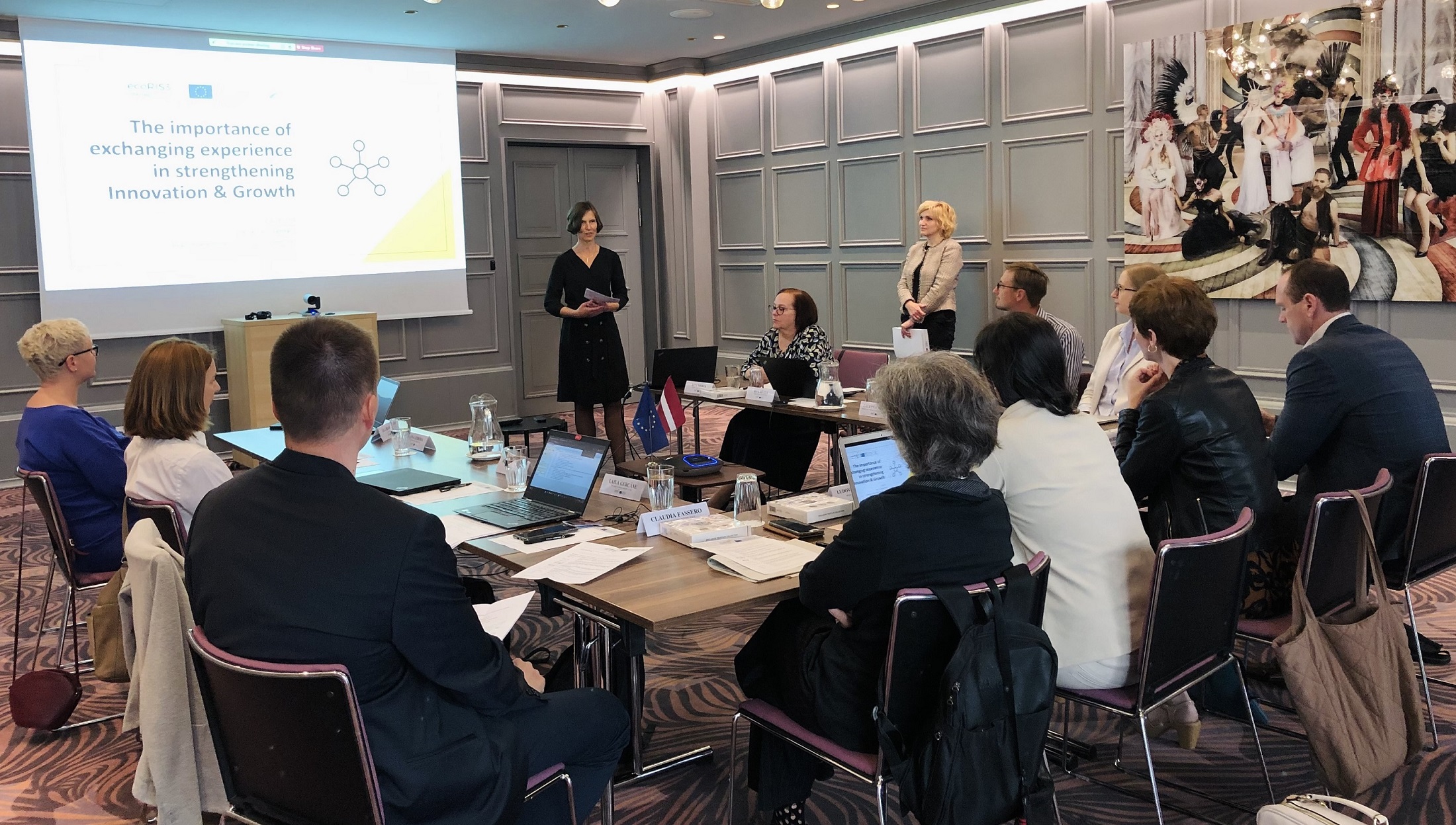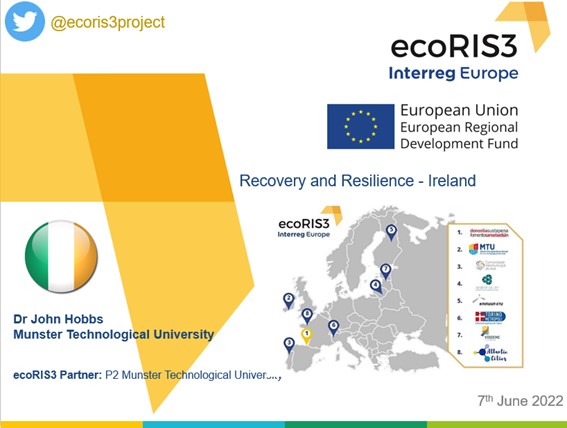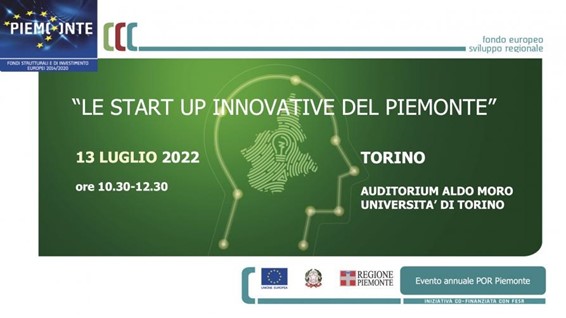The study was conducted in the period from November 2021 to January 2022 and it will mainly serve as material for making improvements to the already developed Action plan, which contains recommendations for promoting innovation among SMEs in Vidzeme.
In order to assess the impact of the challenges caused by Covid-19 on the business sector and the implementation of the Action plan, several business and innovation experts from the Vidzeme Planning Region, the Ministry of Economy, the Valmiera Business Incubator, and the Latvian Investment and Development Agency were interviewed.
The developed research analyzes the impact on the introduction of innovative products or processes caused by the restrictions during the pandemic. The available or newly developed business support tools and whether entrepreneurs have used them to overcome the consequences of the Covid-19 crisis are also analyzed.
The main conclusions show that most entrepreneurs have felt a negative impact on the company's operation and the industry as a whole under the influence of the restrictions of the pandemic, most characterized by a lack of stability, unpredictable product demand, uncertainty about market development, changes in consumer habits, shortage of raw materials, rapid raw materials and transportation price rise, reluctance to take risks, as well as delayed receipt of support and slow process.
The strongest negative impact has been felt by companies in HoReCa sector , leisure/entertainment related industries, and also offer products or services that are outside the "basket of basic needs", which can be explained by the fact that buyer habits have changed under the influence of Covid-19.
Complications of transportation significantly slowed down the process of supplying raw materials to production companies, as well as increased the prices of the supply of goods for all intermediaries involved in the process. A general shortage of raw materials can be observed throughout the European market, as a result of which several companies had to stop production processes during the worst moments of the pandemic.
All of the companies surveyed have used at least one type of business support tool to mitigate the negative impact of the pandemic. Most often, companies mention the extension of financial support as the most useful support for overcoming crisis situations and promoting development.
It was observed that larger and older companies survive the pandemic more easily than younger and smaller companies, and they also have higher success in learning state support instruments.
As part of the project, several meetings were held with stakeholders , including members of the MA and Advisory Council meetings, to present the results of the Innovation Manager pilot project, the conclusions of the Covid-19 report, to promote regional business support tools to help eco-innovative companies to develop eco-innovations in times of crisis.
The renewal of the Vidzeme region Smart Specialization Strategy 2022-2032 is developed, expert surveys and expert working groups took place in February, March, in which the most suitable growth and support directions for smart specialization are being discussed. The lessons learned from the pilot project Innovation manager have been considered in developing the strategy.
The main components-findings in the development of the strategy, which have come from the findings of the pilot project are the following:
1. Under the VPR strategy, funding will be prioritized for projects in the business and public sectors that increase not only knowledge but also technology capacity.
The focus of smart specialization in the region must be on technology-intensive innovation that integrates high-paying human capital.
The pilot project highlighted human capital as key barrier to innovation, so technology- intensive innovation can be one of the most productive mechanisms to reduce these barriers while increasing productivity and raising wages in the region.
2. Prioritizing export potential in the context of smart specialization
The pilot concluded that it is critical for the region, as a component of an open small economy, to focus on innovation and smart specialization in sectors, services and products with high export potential. Even if the product has high added value for the region, it is necessary to prioritize projects with high export growth potential.
3. Prioritizing the reduction of global value chains for smart specialization projects. During the pilot project, there were significant delays and increases in the cost of supply chains in the projects, resources that are not irreplaceable, which significantly hampered the progress and productivity of the pilot project. These cases point to the need to prioritize the use of the region's or neighboring regions' resources, including renewable electricity, to support the region's smart specialization. The strategy is to shorten the value of the supply chain.
